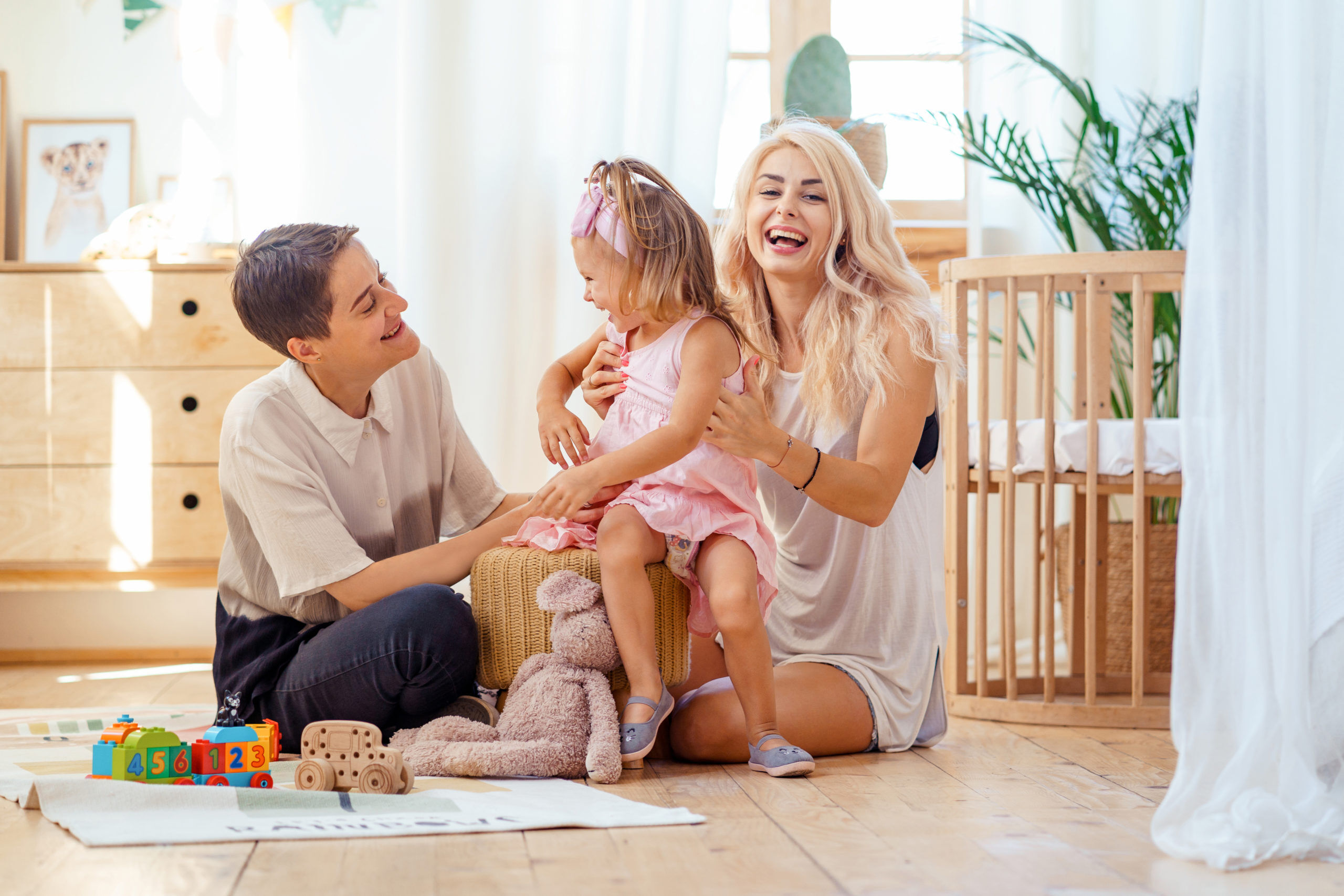Concerns about whether their children will be able to have kids of their own someday appear to affect parents’ attitudes toward the possibility that their children may come out a lesbian, gay, or bisexual according to new research.
Researchers Danielle J. DelPriore, Olivia Ronan, and Pamela Lantz of Pennsylvania State University Altoona’s Division of Education, Human Development, and Social Sciences published findings from a trio of studies in Archives of Sexual Behavior back in July.
Related:
Conservatives are outraged a gay couple is on the cover of ‘Parents’ magazine
“It could be displayed in waiting rooms of dentist and doctor offices, where children could easily be subjected to the glorification of same-sex parents.”
“Parents often respond negatively when a child discloses their minoritized sexual orientation,” the team wrote. “We propose that parents’ negativity in this context may be shaped by evolutionary concerns regarding their children’s reproductive outcomes.”
Stay connected to your community
Connect with the issues and events that impact your community at home and beyond by subscribing to our newsletter.
To test their hypothesis DelPriore and the other researchers conducted three studies. In the first, the researchers surveyed a group of 386 cisgender and heterosexual parents consisting of 192 mothers and 194 fathers; all had children under the age of six. The surveys gauged how concerned the parents were about their children’s likelihood of reproducing (i.e. having biological children of their own) alongside their attitudes toward the possibility that their children may come out as gay, lesbian, or bisexual.
Researchers found that concerns about their child’s potential to reproduce were significantly associated with parents’ negative attitudes toward their child hypothetically coming out as non-heterosexual. Parents with higher concerns about their child being able to have biological children of their own and those who believed that non-heterosexuals face significant reproductive challenges were more likely to express negative views about their child coming out.
Two other separate studies tested whether providing parents with information about LGB people’s reproductive options could impact their attitudes toward their children’s sexual orientation. The first focused on 327 cisgender heterosexual mothers with young children under age six, while the second focused on 279 cisgender heterosexual fathers. In both studies, parents were divided into two groups. One was given an article to read emphasizing the accessibility of procedures like in vitro fertilization (IVF), while the other read an article unrelated to reproductive issues. Parents were then given the same surveys as the group in the initial study.
Researchers found that both mothers and fathers with more information about the reproductive options available to lesbian, gay, and bisexual people were significantly less likely to express negativity about their child potentially coming out.
The studies suggest that for some parents, negative attitudes about their children coming out can be changed. When parents understand that LGB people can have biological children of their own, they seem to be less likely to react negatively to their children coming out.
Notably, the research comes at a time when IVF, the most common method of assisted reproduction, has gained national attention in the wake of the Alabama Supreme Court’s unprecedented February ruling that effectively outlawed the treatment in the state.
Republican vice presidential candidate JD Vance was one of 47 Senate Republicans to vote against the “Right to IVF Act,” which would have ensured access to IVF and other forms of assisted fertility treatment nationwide.
Don't forget to share:















